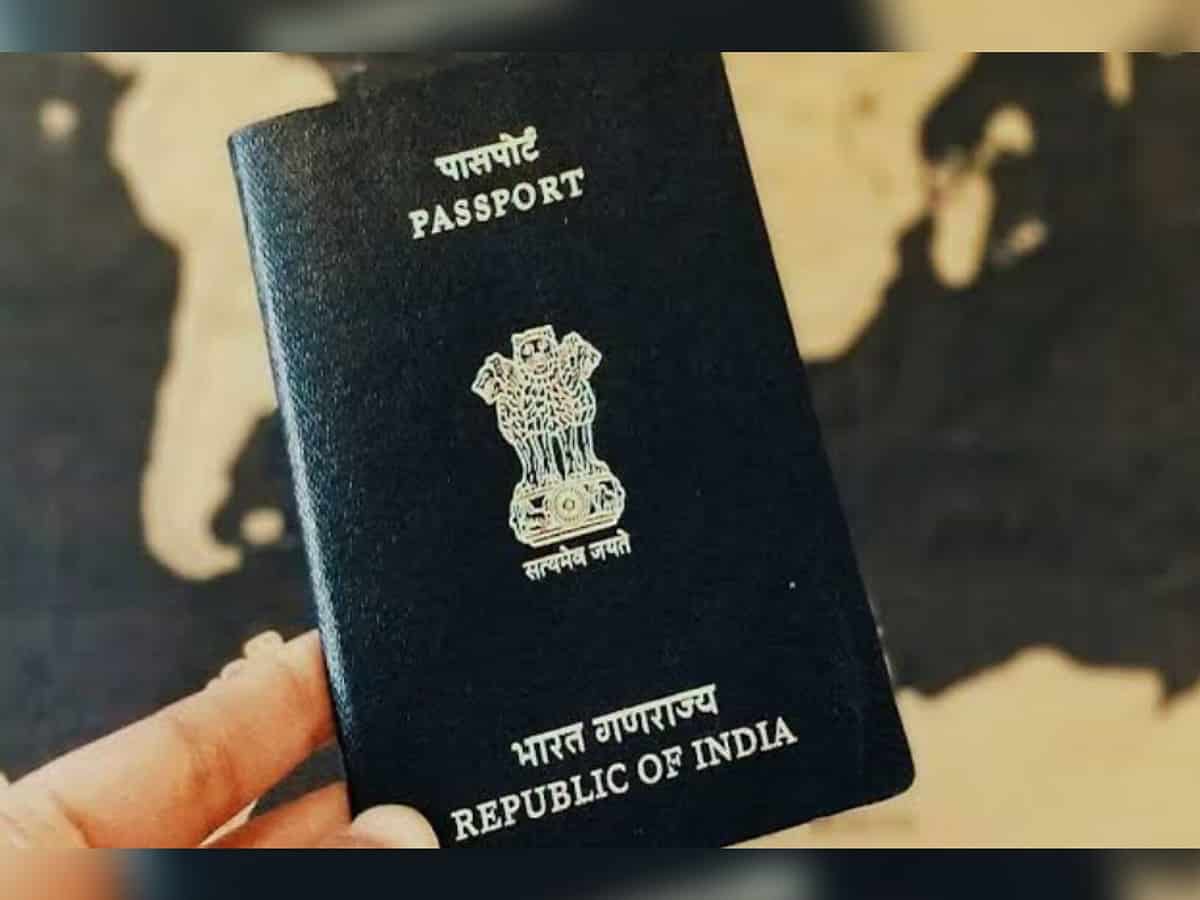
New Delhi: The Congress on Tuesday alleged that average number of Indians giving up their citizenship per day has grown 1.7 times in the last 8 years, while in the previous year, the number was highest.
The party alleged that the first 10 months of 2022 (January to October) saw the highest number of such case, as in 2014, 129,328 gave up citizenship at the rate of 354 persons per day, while in 2021, the total number was 163,370 or 448 persons per day and in 2022, it was 183,741 (up to October 31, 2022) or 604 persons per day, as per the Ministry of External Affairs.
“In people giving up Indian citizenship, most of them are people with high net worth. For 2022, around 7,000 people will have an annual income of Rs 8 crore. From hunger to happiness, if our global rankings are falling/consistently low, this is bound to happen,” Congress spokesperson Gourav Vallabh said.
The party asked the government to reveal the reasons for the rising numbers of those giving up their citizenship.
He also flagged the consistent high unemployment rate, saying that as per CMIE, it was more than 7 per cent for 8 months and more than 8 per cent for the remaining. For December 2022, it was 8.3 per cent overall and 10.09 per cent for urban India.
The other reason is the low GDP growth opportunities, Gourav Vallabh said, noting that due to twin shocks of demonetisation and flawed implementation of GST, GDP growth fell from 8.3 per cent in FY 2017 to 3.7 per cent in FY 2020, and after the 2020 lockdown, GDP further fell to (-) 6.7 per cent in FY 2021. For FY 2022, GDP growth rate was 8.7 per cent, but there is nothing to celebrate in this due to the low base for FY 2021, he added.
Vallabh said the largest number of poor people in the world, 228.9 million, lived in India in 2020, as per the report released by the United Nations Development Programme (UNDP) and the Oxford Poverty and Human Development Initiative (OPHI) at the University of Oxford.



